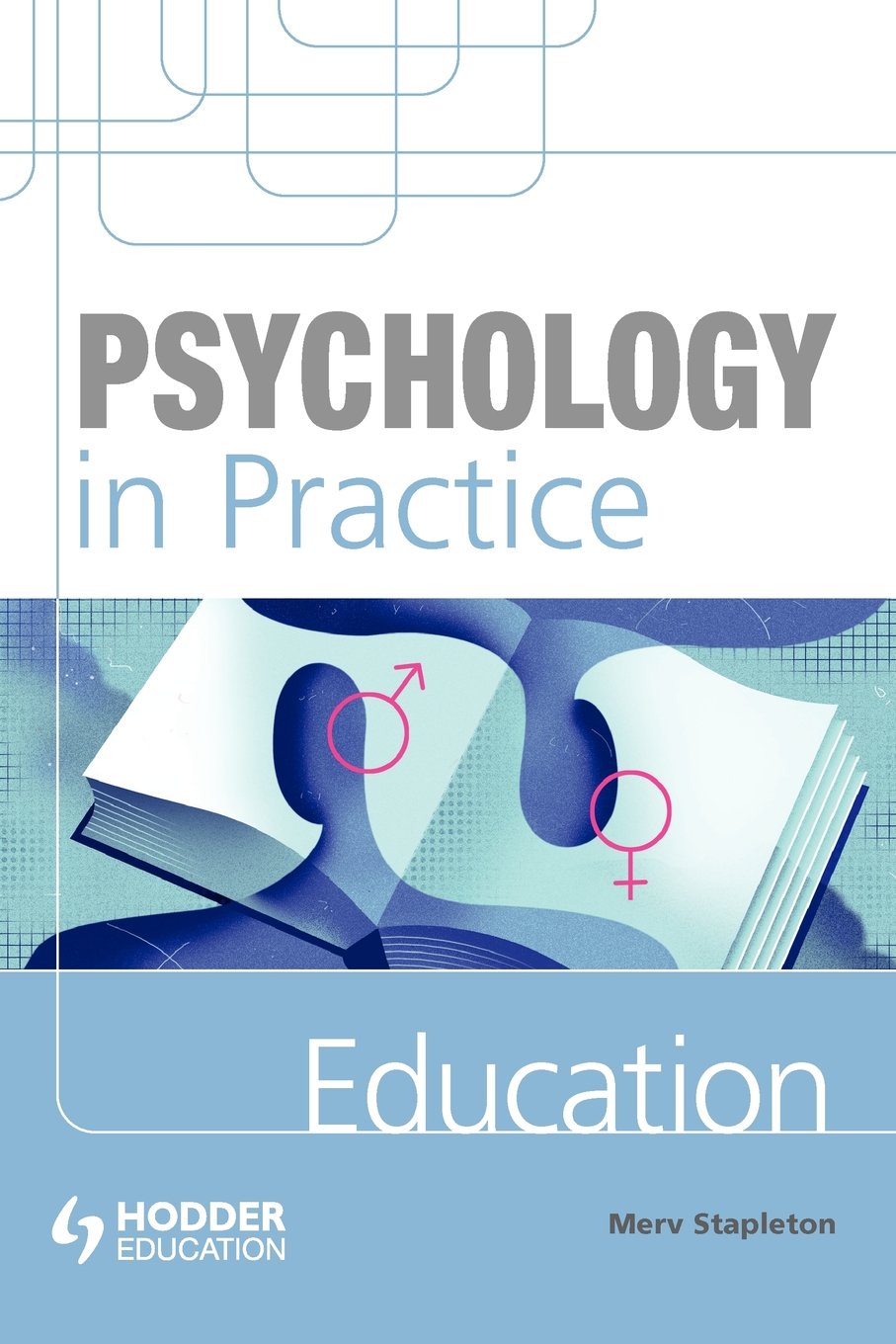About this deal
Simonsen, B., & Myers, D. (2015). Classwide positive behavior interventions and supports: A guide to proactive classroom management. Guilford Publications. Johann Herbart (1776–1841) is considered the founder of educational psychology as a distinct field. He emphasized interest in a subject as a crucial component of learning. However, one of the most robust developments in the later behaviorist tradition is that of positive behavioral intervention and supports (PBIS), in which proactive techniques play a prominent role in enhancing learning within schools.
It can be useful if a teacher watches an EP carry out a dynamic assessment – lots of what they observe will be directly relevant for the classroom. Cognitive tests usually can’t be observed. “We need an EP report” It’s important to think about why you need an EP report and what you hope it will do or give you. For example, based on certain experiences as a child, you might form the schematic concept that all objects drop when you let them go. But let’s say you get a helium balloon that rises when you let go of it. You must then adjust your schema to capture this new reality that “most things drop when I let go of them, but at least one thing rises when I let go of it.”
Scope
The defining feature of Educational Psychology in Practice is that it aims to publish peer refereed articles representing theory, research and practice which is of relevance to practising educational psychologists working primarily in UK contexts. In its focus on applied psychology it occupies an important complementary position to those journals which emphasise the experimental work of academic psychologists. Whilst the majority of articles submitted to the journal are written by practising psychologists in the UK, submissions are welcomed from outside the profession and from outside the UK. In these stages, we match our basic concepts, or “schemas,” of reality with experiences in the world and adjust our schemas accordingly.
As noted above, the cognitivist approach to educational psychology includes understanding how the brain learns by forming new connections between neurons. The Adopt A Growth Mindset activity is a simple guide to replacing fixed mindset thinking with growth statements. It can inspire adults to learn by referencing their inherent neuroplasticity. They help with testing and supporting students with special needs, helping teachers develop classroom management strategies, and engaging in individual or group counseling, which can include crisis counseling and emotional–behavioral support. Gardner, H. (2000). The disciplined mind: Beyond facts and standardized tests, the education that every child deserves. Penguin Books.We work with children and young people who experience a broad range of needs, some examples include children and young people who:
For cognitivists, understanding how the brain converts instructional inputs into learning can lead to improved teaching strategies and better learning outcomes. For the student participants, the prefrontal cortex was significantly activated when they had solved the puzzle with hints provided. The ZPD is the area between what a learner (student, adult trainee, rehabilitation patient, etc.) can already do on their own and what the learner can readily accomplish with the help of teachers or more advanced peers.Various theories have been developed to account for how humans learn. Some of the most enduring and representative modern-day theories are discussed below. 1. Behaviorism
This is an important part of an EP’s job. Often, we’re asked to become involved to support a child or young person who seems to be experiencing difficulties. Children and young people are at the centre of our thinking and work and so it’s important to try to understand what they think about what is going on, what the difficulties are and what they think is working well. There will be differences in how EPs within these contexts offer and deliver psychology, but all educational psychologists are registered to practice with the Health and Care Professions Council (HCPC) meaning that they all need to adhere to the same standards of conduct, proficiency and continuing professional development. External citations are calculated by subtracting the number of self-citations from the total number of citations received by the journal’s documents. We know that every child is different. They have their own needs, strengths, skills and aspirations. Also, every family, school, classroom and teacher is different. With all this difference it might be odd if an EP did the same thing with every case they worked on. So what types of things would an EP do to make sense of a situation? Later thinkers would devote considerable attention to learning and memory processes, various teaching methods, and how learning can be optimized.Find an area or areas of learning difficult e.g. are having trouble learning to read or remember things Worrell, T. G., Skaggs, G. E., & Brown, M. B. (2006). School psychologists’ job satisfaction: A 22-year perspective in the USA. School Psychology International, 27(2), 131–145.
Related:
 Great Deal
Great Deal 